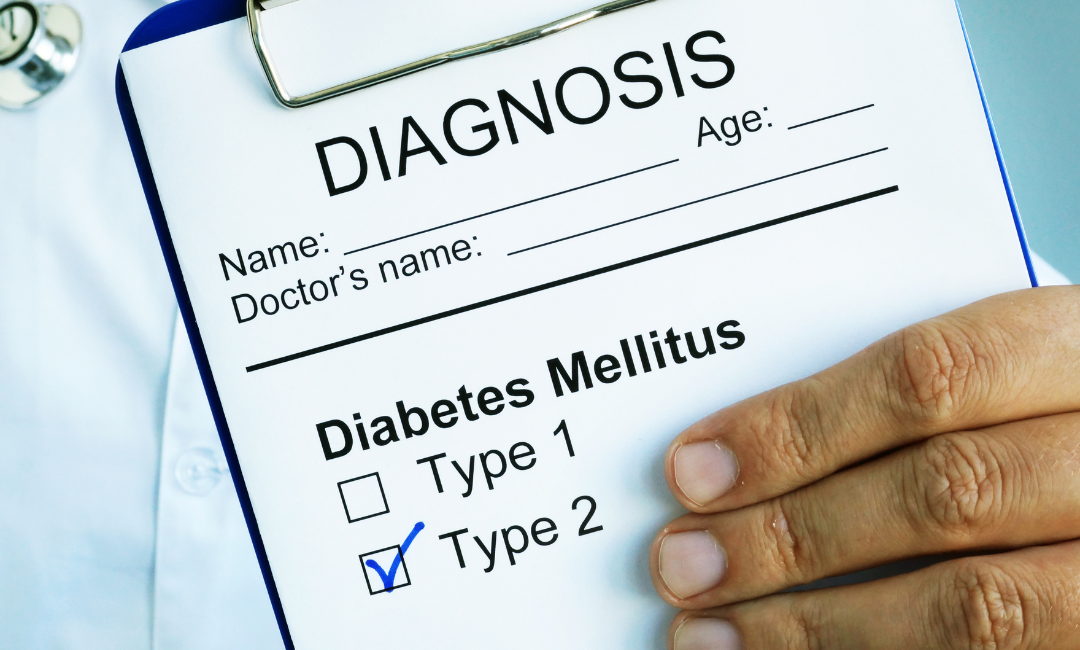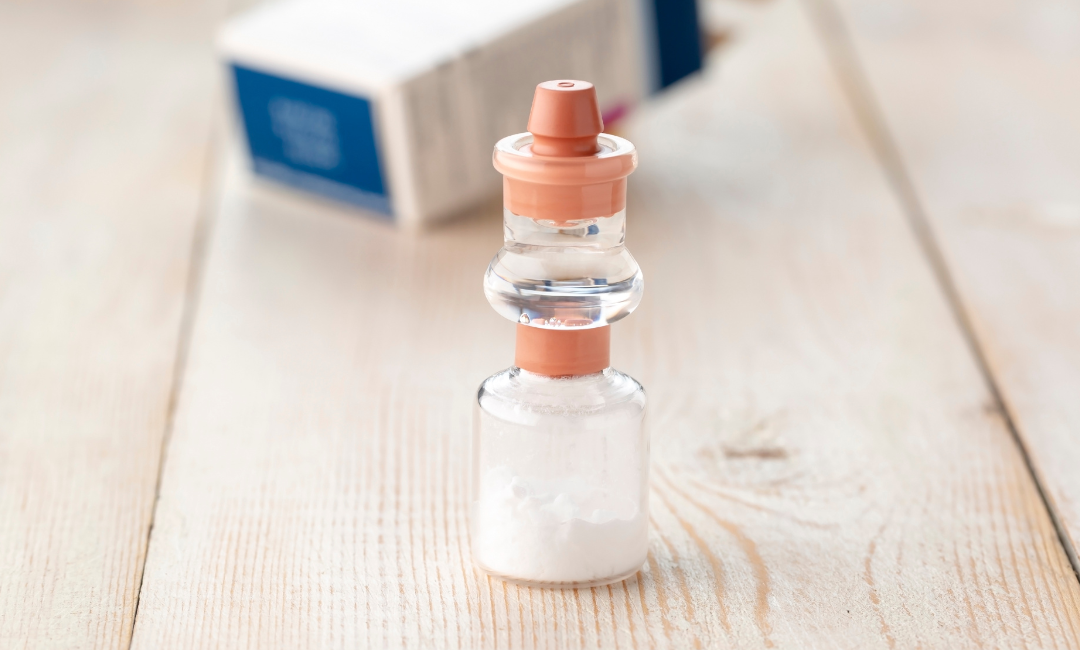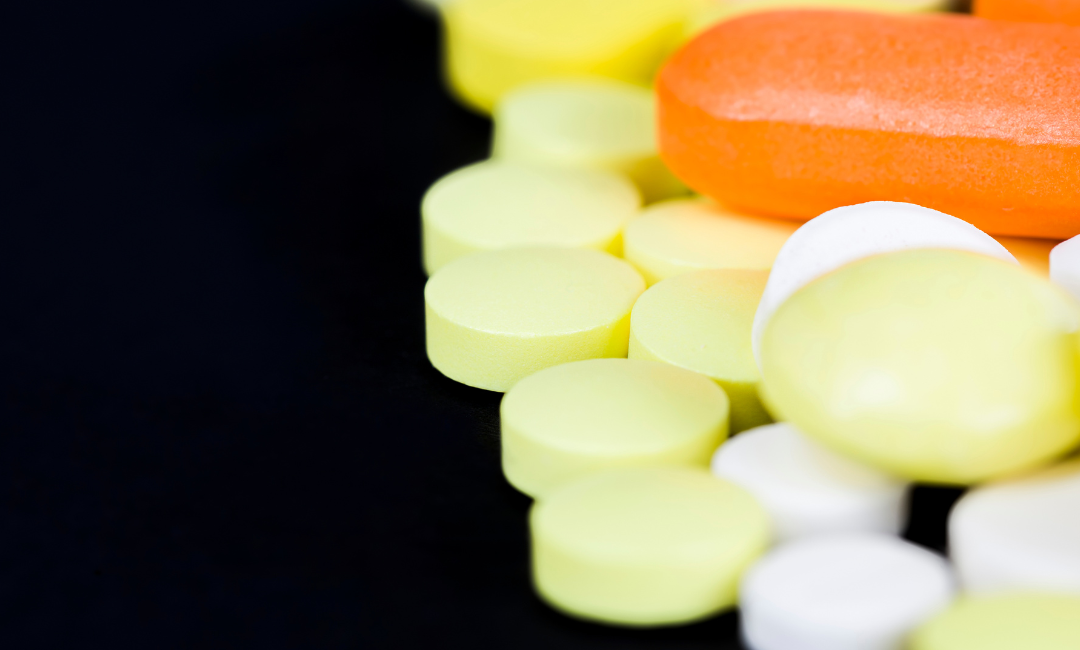Actions and Uses of Nitrates
Actions of Nitrates
Nitrates are potent vasodilators. They relax the smooth muscles of the veins and the arteries, hence resulting in dilation.
When the veins dilate, the less deoxygenated blood reaches the heart, which in turn reduces the amount of blood in the ventricles at the end of diastole, when the ventricles are full. When this occurs, this volume is known as preload.
When preload reduces, ventricular size and ventricular wall tension are also reduced. At this point, the left ventricle does not have to stretch as much to pump blood, which in turn reduces the oxygen demands of the heart.
The arteries resist the blood pumped by the left ventricle which is also known as peripheral vascular resistance. Nitrates dilate arterioles, reducing afterload and resistance, which in turn eases the heart’s workload and makes it easier to meet oxygen demands.
Uses of Nitrates
Nitroglycerin is used to relieve and prevent angina.
Rapidly absorbed nitrate such as nitroglycerin is a drug of choice to relieve angina because it has a rapid onset of action, is inexpensive, and is easy to take.
Long-acting nitrates, such as transdermal patches are used to prevent chronic angina. They are convenient to use. Oral nitrates are also used in the long term to prevent angina because they seldom produce adverse reactions.








